The best chicken breeds for first-time owners
If you are considering keeping chickens in your garden, here are the top six breeds for absolute beginners. Chris Lesley, owner of Chickens & More and a chicken keeper for 20 years, shares her expert advice.

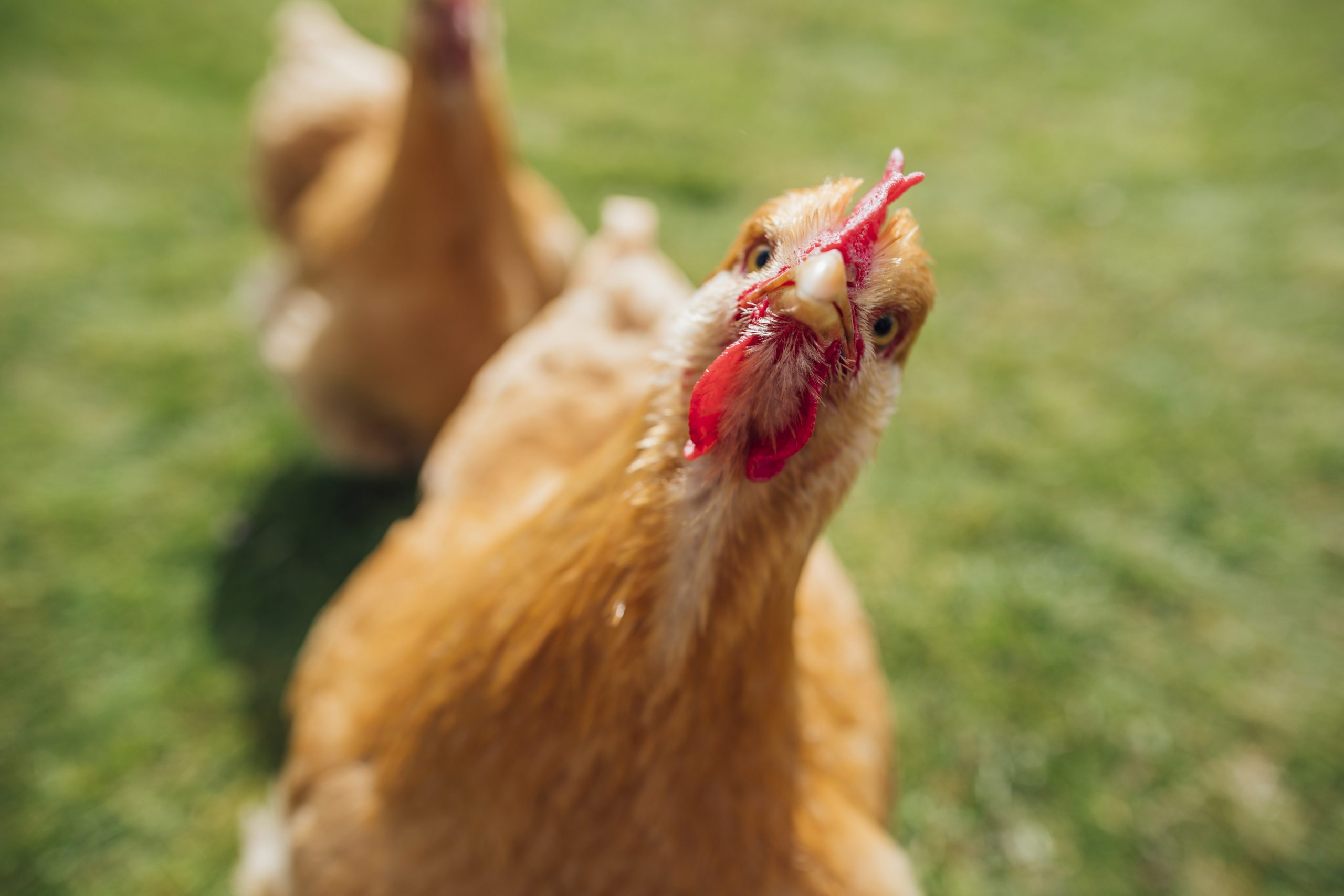
Exquisite houses, the beauty of Nature, and how to get the most from your life, straight to your inbox.
You are now subscribed
Your newsletter sign-up was successful
Embarking on the adventure of raising chickens for the first time can be exciting, intimidating, expensive, stressful, thrilling, fulfilling and exhausting, often all in the same day.
Even the seemingly simple question of how to build a chicken coop can present any number of questions that can seem impossible to answer. Fortunately, many of them are simpler than they seem — chicken nesting boxes, for one, are mostly just boxes, and yes, you can build your own.
Of course, one of the most important decisions anyone makes in choosing to start a backyard chicken coop is deciding which chickens to populate it with. There are hundreds of breeds to choose from, all known for different attributes, from size to egg production to meat quality, colour... even the sound of their clucking, or 'vocalisations' as chicken breeders call it.
Fortunately, most first-time chicken keepers do not have to worry about all of that and can instead select from a handful of breeds that thrive as egg-layers or broilers on small farms or in suburban gardens.
Australorp
The Australorp is a popular hen, chosen largely for her reliable laying ability, producing as many as six eggs a week.
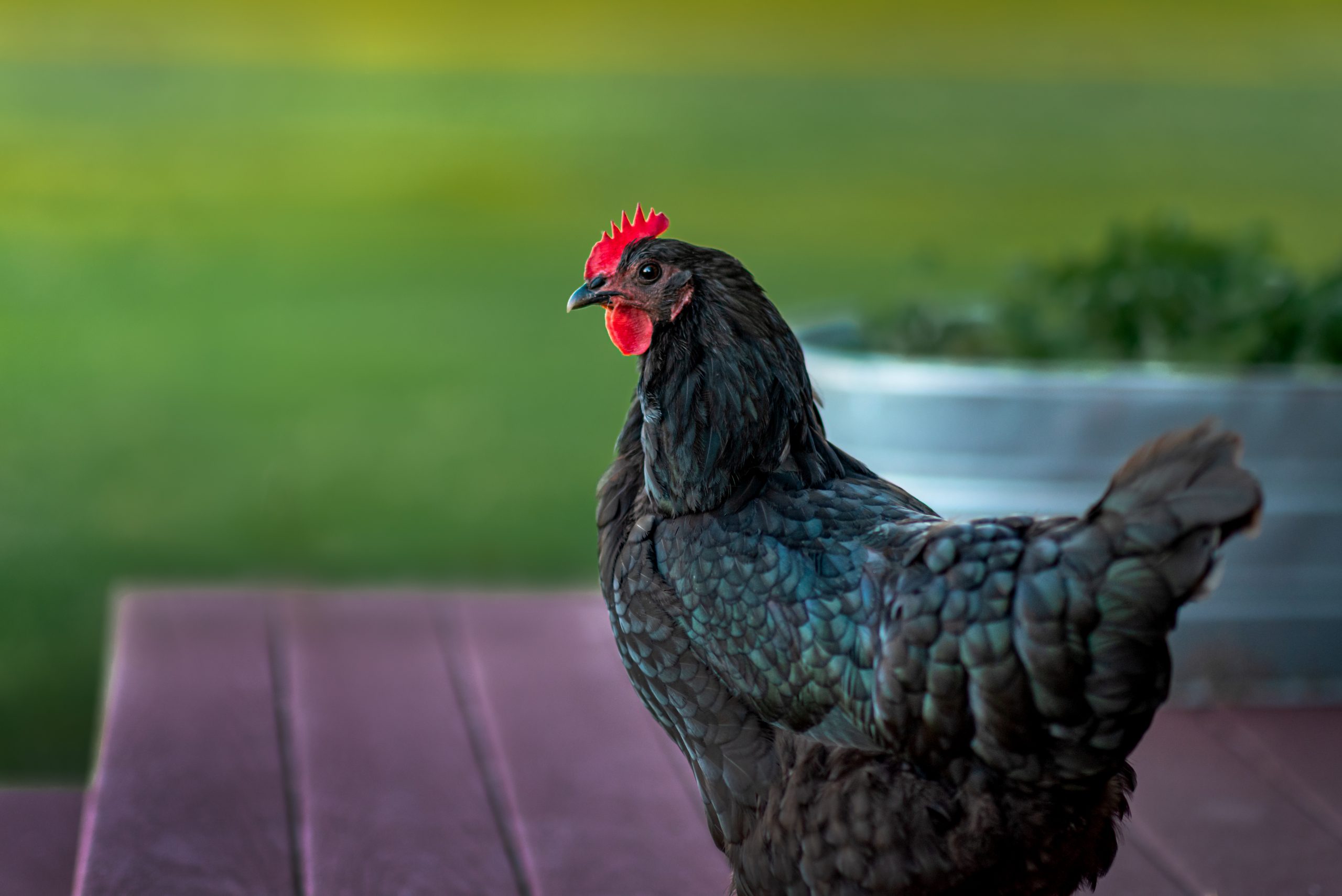
This breed has a winning personality, with a tendency towards gentleness and docility that makes it perfect for anyone who may be nervous around chickens, as well as being a great choice for families with children. Australorps are very cold-hardy, but will need additional protection in particularly warm or humid weather.
Delaware
Delaware hens are reliable layers, averaging around four eggs per week and their history as an industrial broiler breed means they can also be a delightful addition to the dinner table.
Exquisite houses, the beauty of Nature, and how to get the most from your life, straight to your inbox.
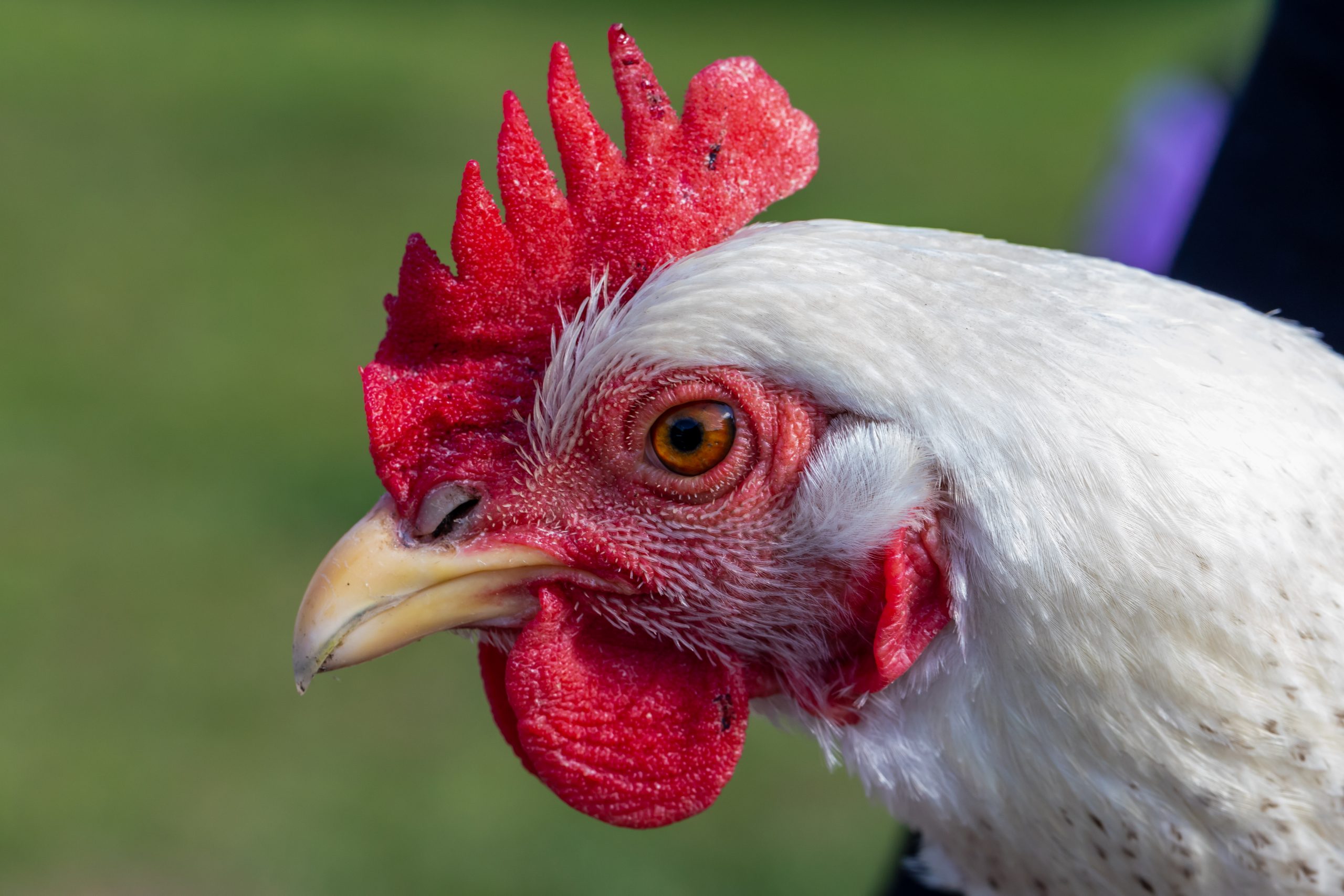
Perhaps more importantly, their friendliness, outgoing nature, and low-maintenance lifestyle makes them ideal for nearly any backyard. Delawares are some of the hardiest hens around, able to thrive in almost any climate with a fairly minimal set-up from their humans.
New Hampshire
As the name suggests, New Hampshires were bred to survive New England winters, so they are about as cold-hardy as a chicken can be.
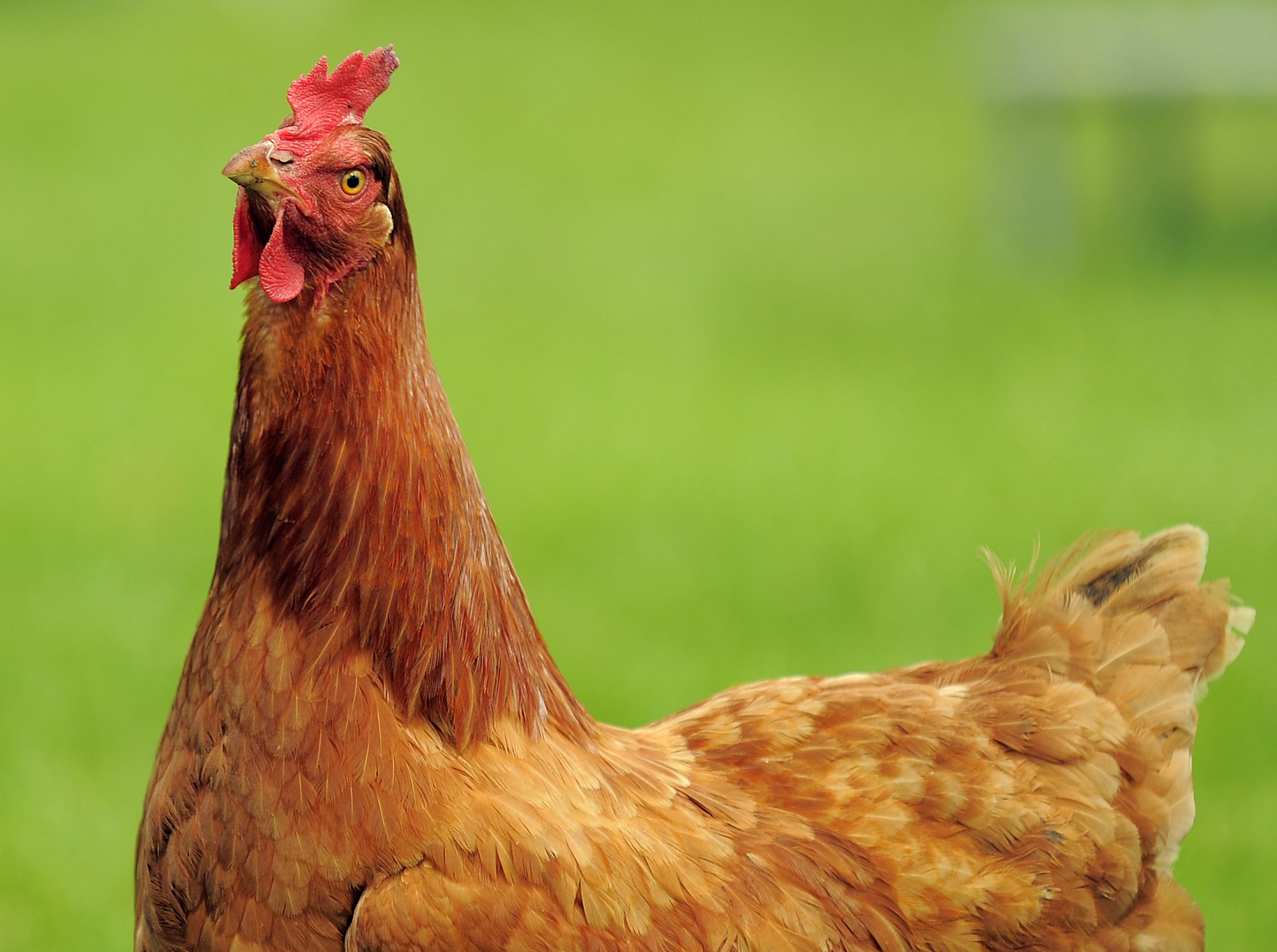
Similar to their more popular and famous Rhode Island cousins, New Hampshires are both reliable egg producers (averaging about four eggs a week) and tasty table birds. They can be pushy and do best with a lot of space, though, so they may not be for everyone.
Orpington
Most of the breeds listed here have their origins in the American East, but the Orpington hails from England, which perhaps explains their reputations for gentle politeness and exceptional manners.
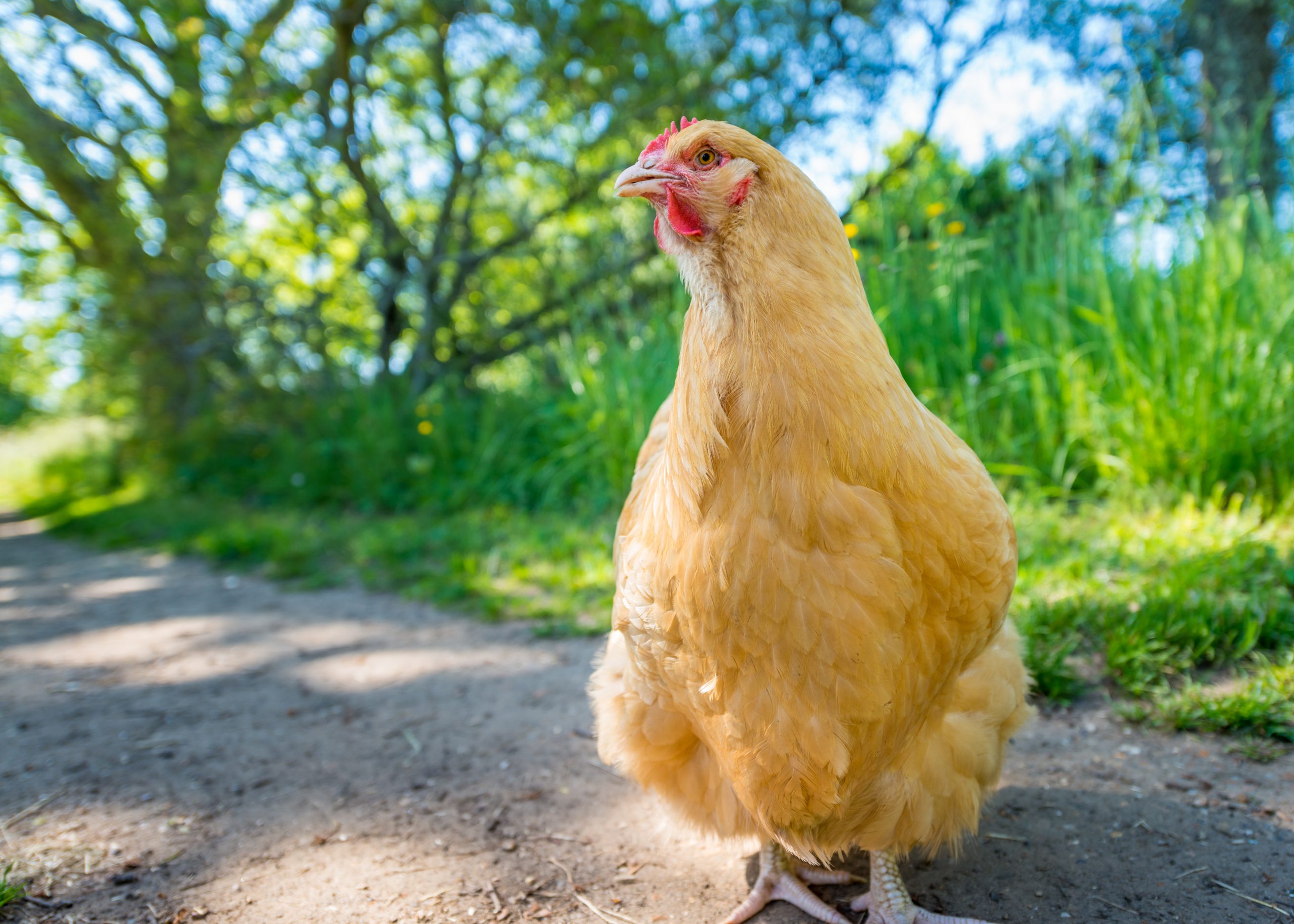
Orpingtons will lay about three to four eggs a week and also enjoy a reputation as an excellent broiler. Best of all, the Orpington is an exceptionally affectionate hen known for her calm, steady nature — this is the chicken to choose for anyone looking for a more traditional pet relationship with their birds.
Plymouth Rock
The Plymouth Rock is an old American heritage breed, an adaptable, low-maintenance hen ideal for smallholders looking for both reliable egg production and a serviceable broiler.
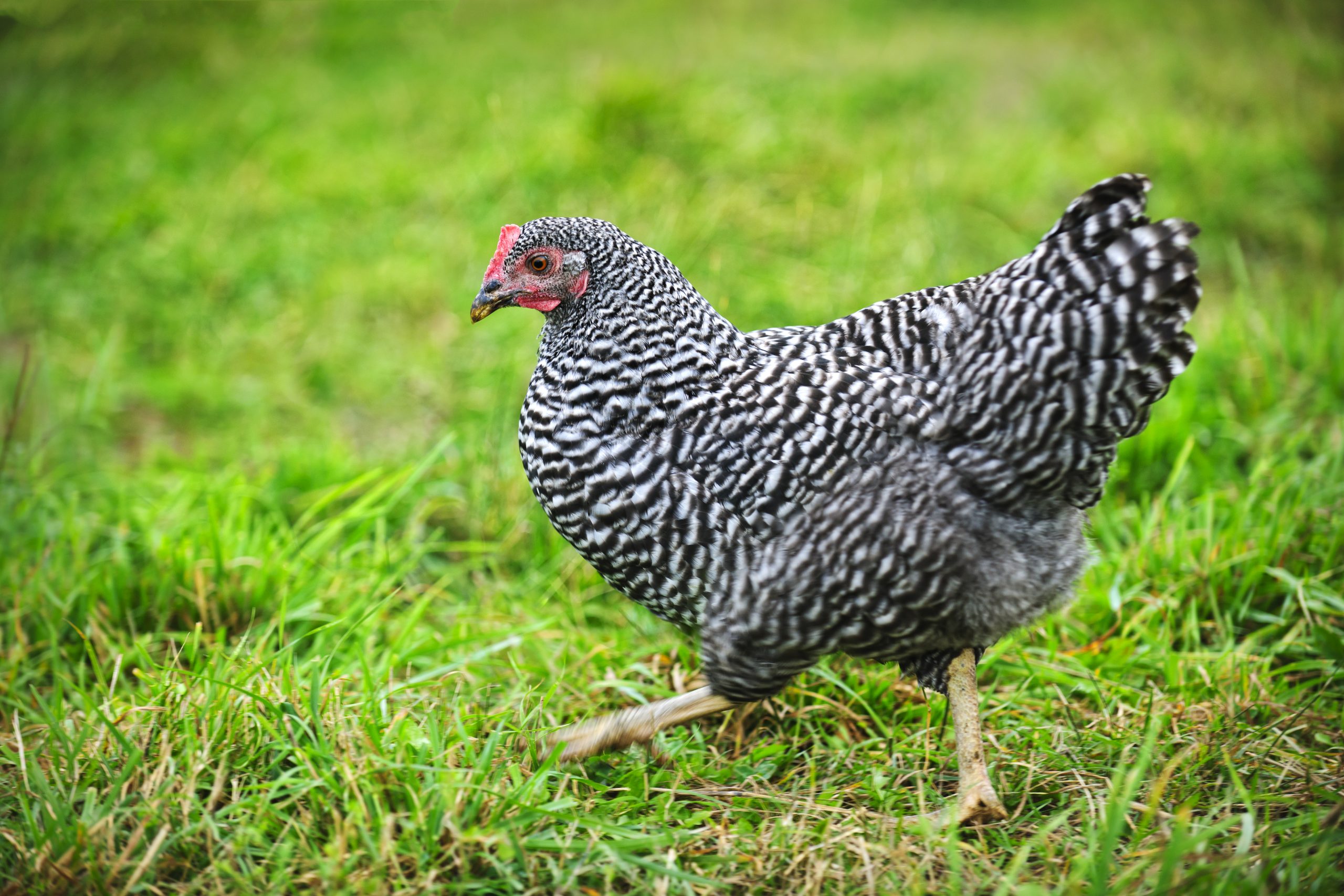
Plymouths usually lay around four eggs per week, and they can thrive in almost any climate with a pretty basic set-up. They are also sweet, gentle bird that bond easily with their humans and other hens — ideal for beginners and families with children.
Rhode Island Red
The Rhode Island Red is probably the most famous chicken breed in the world, and with good reason. Hardy and adaptable, Reds are egg-laying machines who also make delicious table birds.
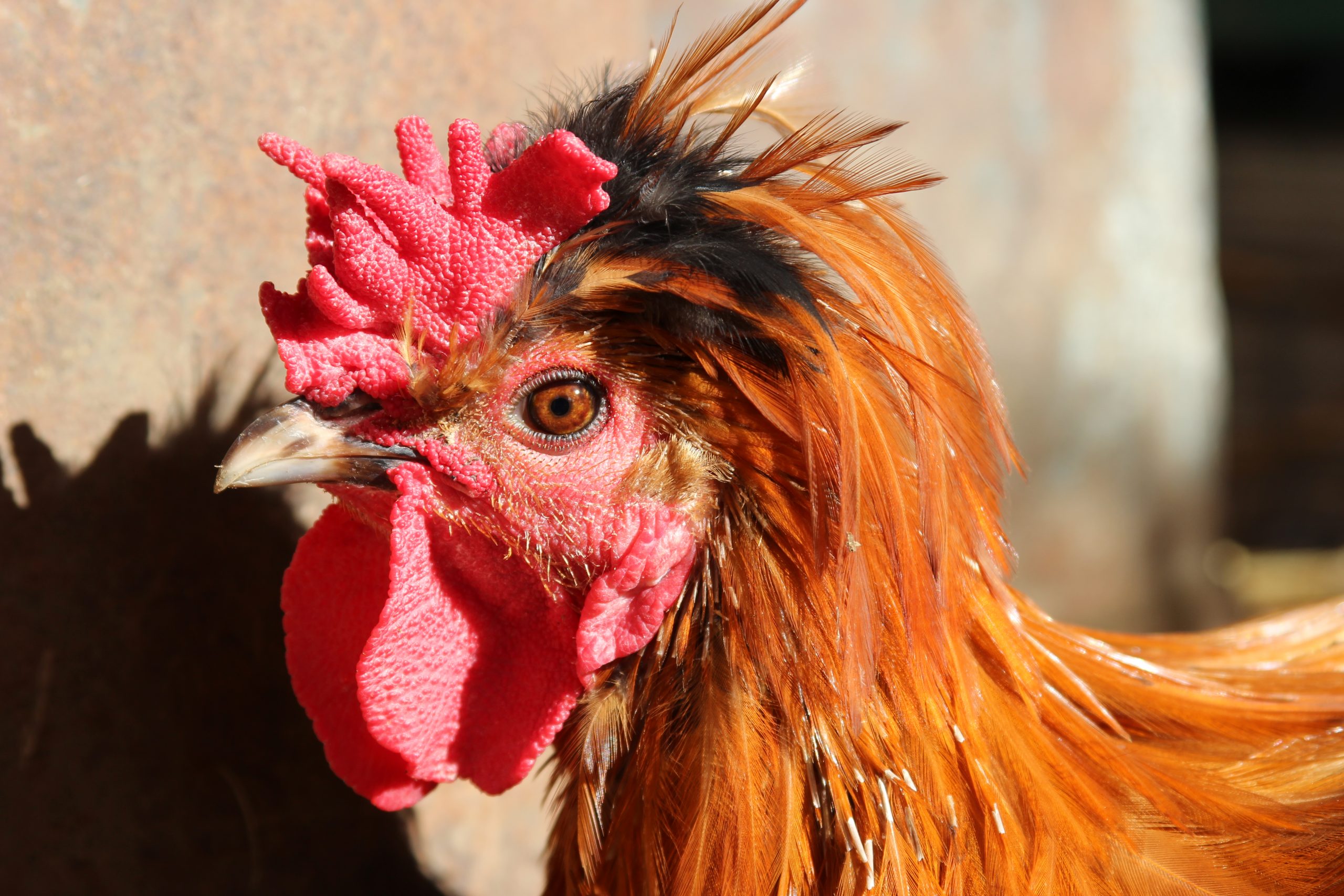
Owners can expect to get four to six eggs a week from their Reds, although this can vary depending on whether they select a heritage or production strain of the breed. Best of all, Reds are both friendly and self-sufficient, making them perfect for any first-timer.
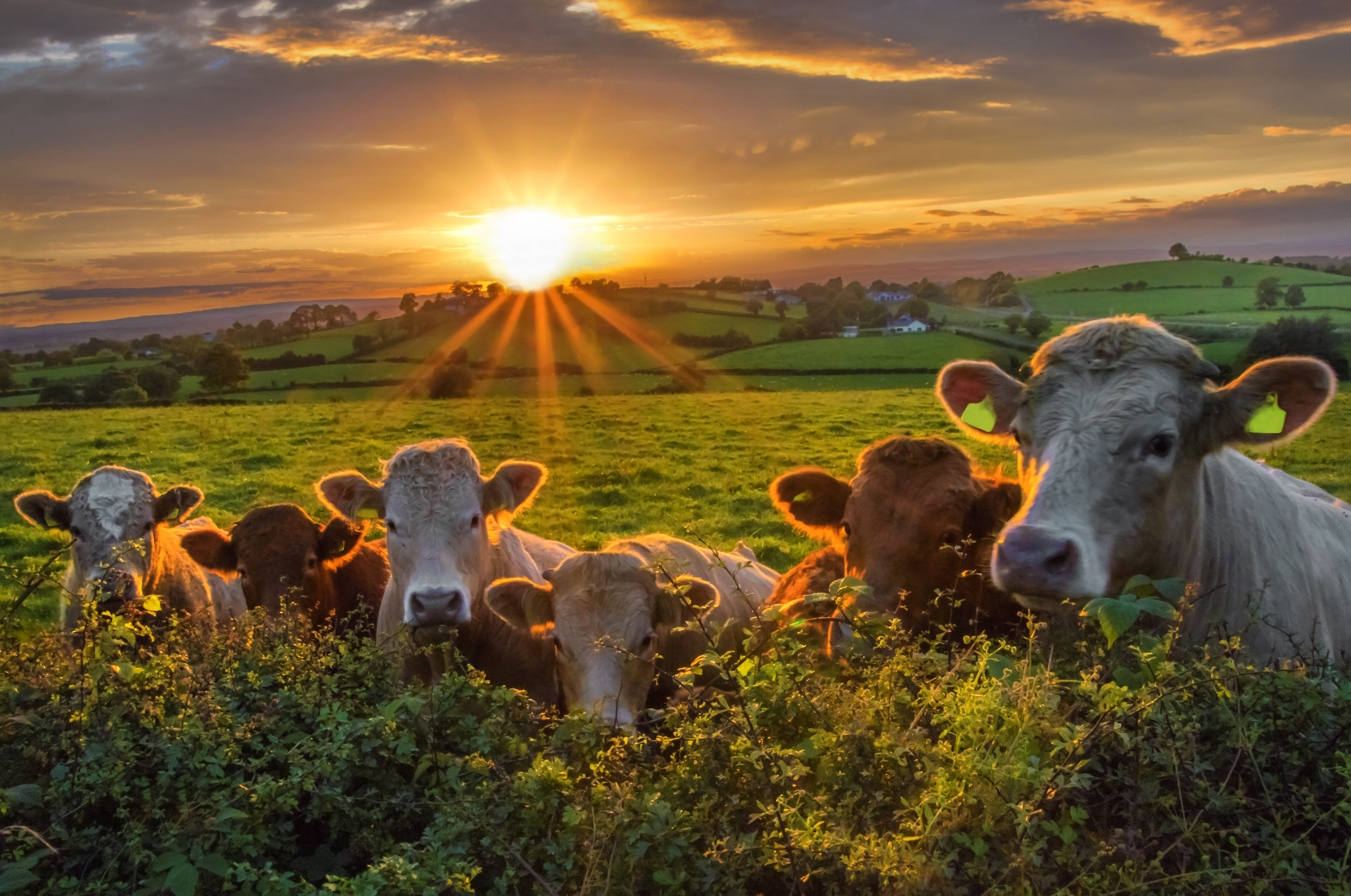
Curious Questions: Are cows actually super-intelligent?
Far from being ‘stupid’ or ‘silly cows’, cattle are clever and emotionally intelligent, with bags of personality, too, says John
